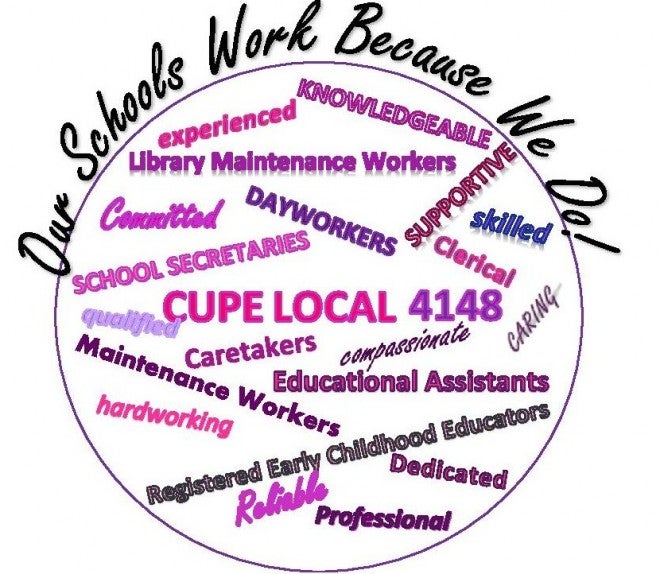Jul 30, 2015 – Guelph Mercury
Premier Kathleen Wynne and Education Minister Liz Sandals claim they have jump-started negotiations with teachers’ unions. But readers should not be duped by political theatre.
Sandals has already demonstrated her three-step approach to bargaining that eliminates her need to negotiate. Specifically, in stage one, she fails to pay attention. She revealed this strategy when she repeatedly said she did not understand and was perplexed by teacher labour strife, including secondary school strikes in Durham, Peel and Rainbow districts. She admitted to not being sure why elementary teachers left the bargaining table. “It just seems to be a general desire to have a strike,” she mused.
In stage two, she waited out chaos. Rather than engage in collective bargaining, she let work stoppage continue, frustrations rise, and dissatisfaction peak. Accusations, blaming and mudslinging prevailed. The “can’t-do-it-can-do-it” flip-flop school boards did over sending home report cards serves as an example.
Finally, Sandals plays her trump card: she ushers in back-to-work legislation as she did in Durham, Peel and Rainbow districts. By using the power imbalance government has over public sector employees, Sandals undermines collective bargaining. She does not have to negotiate in earnest; she does not have to work to find mutual agreement.
Sandals’ three-step approach denies basic tenants of democracy, namely grassroots voice and engagement. It also forsakes consensus and forces compliance. In reality, front line workers like teachers should contribute to the determination of their working conditions — they add real value to the enterprise. And subjugation breeds discontent.
The controversy with public elementary teachers has centred on preserving time-honoured provisions.
First, teachers want to maintain their ability to prioritize and self-direct their work when not instructing students. Professional autonomy, the life force of pride and creativity, is at stake.
Secondly, elementary teachers oppose the removal of all class size language from all collective agreements. Teachers know without class size provisions in collective agreements, class sizes will soar and the quality of each individual student’s learning experience will necessarily diminish.
Thirdly, teachers want fair and transparent hiring and staffing procedures. Recent legislation added standardization and objectivity to selection practices. Management has demanded the deletion of all hiring and staffing language from all collective agreements and wants relevant legislation repealed.
Teachers will stand steadfast in their commitment to preserve public education regardless of the odds against them.
We can only hope that Sandals will take her portfolio seriously and recognize that true labour peace comes from bargaining in good faith.
Doug Cook (an elementary teacher at Willow Road Public School, Guelph)
Kitchener

